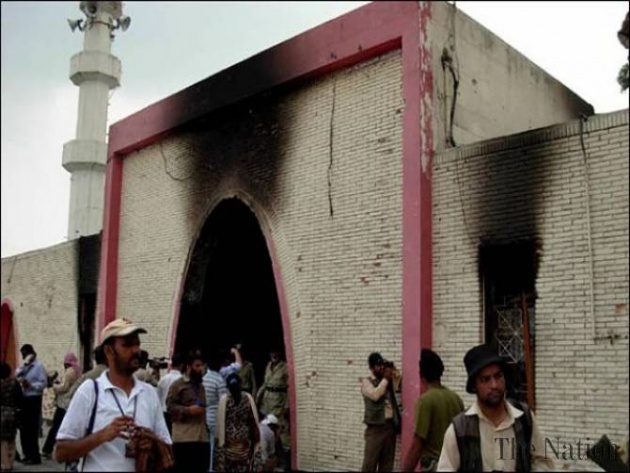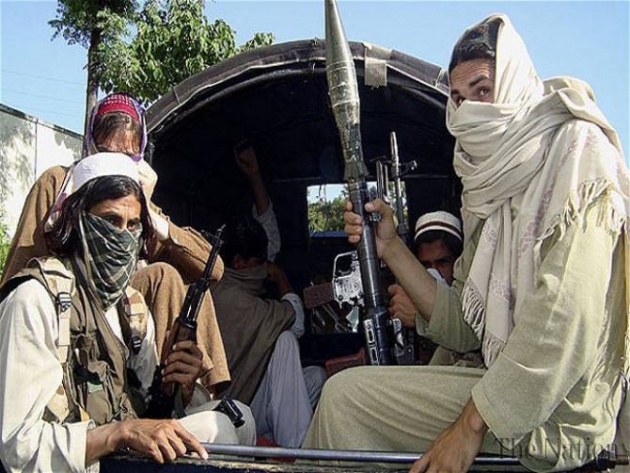Due to various external and internal factors i.e. foreign pressure and unstable political scenario ,Pakistan govt. at times made various peace accords but none of them proved to be fruitful in wining war against terrorism.In April 2004 govt of Pakistan signed 1st of 3 agreement eith militants (commander in South Waziristan) named ‘Nek Muhammad’.This was immediately abbogated once he was killed by US hellfire missile in June 2004.2nd was signed in February 2005 with Nek’s successor Baitullah Mahsud.However these agreement were officially broken in 2007 with Lal Masjid siege which raised the suicide attacks on Pakistan forces ten fold throughout the country.The siege lasted till July 11,2007 and resulted in 108 deaths .

This represented main catalyst for conflict and eventual breakdown of truce that existed between govt. of Pakistan and ‘Taliban’ groups.Already during seize there were several attacks in Waziristan in retaliation for the seize.Thus these peace agreements could not take the war on terror to govt. of Pakistan’s side.It had still further misadventures to unfold. Another peace deal was signed in 2006 but that also met an ill fate and grew conflicts between Pakistan army and militants.On September 5,2006 ‘Waziristan Accord’ was signed between tribal leaders and Pakistan govt. in Miransha.North Waziristan to end all fighting but soon on October 30,2006 Pakistan army conducted air strikes against a Madrassah in Bajaur region bordering Afghanistan.The madrassah was sabotaged killing 70-80 people .In retaliation militants attacked suicide bomb on an army camp on November 8,2006 killing 42 Pakistan soldiers and wounded 20.Such kind o deadly violation further weakened any chance for Pakistan govt. to have a favorable position in ‘war on terror’.

A private Pakistan channel also reported that the civilians and innocent inhabitants of the FATA region,once becoming the victim of the army operation; are likely to go on the side of the militants.Anyhow the failure of the peace accords proved fatal in Pakistan’s effort in ‘war on terror’. In June 2006 Afghan Taliban leader Sirajuddin Haqqani issued a decree that it was not Taliban policy to fight Pakistan army.However Tehrik –e-Taliban Pakistan policy (TTP) intentionally diid not calculate the decree in North Waziristan thereby keeping pressure on the govt.though the govt. of Pakistan did utilize every potential to fight back the terrorists after the failure of every peace accord but this war on terror made Pakistan suffer at all levels.According to the economic survey of Pakistan (2009-2010) between 2002 and end of April 2010 a total of 8,141 incidents of terrorism have occurred on Pakistan soil,resulting in 8,875 deaths of both civilians as well as personnels of law Enforcing Agencies (LEAs) and injuries to a further 20,675 people .With these alarming figures one can figure out how long Pakistan has remained in its war on terror on its own soil.



